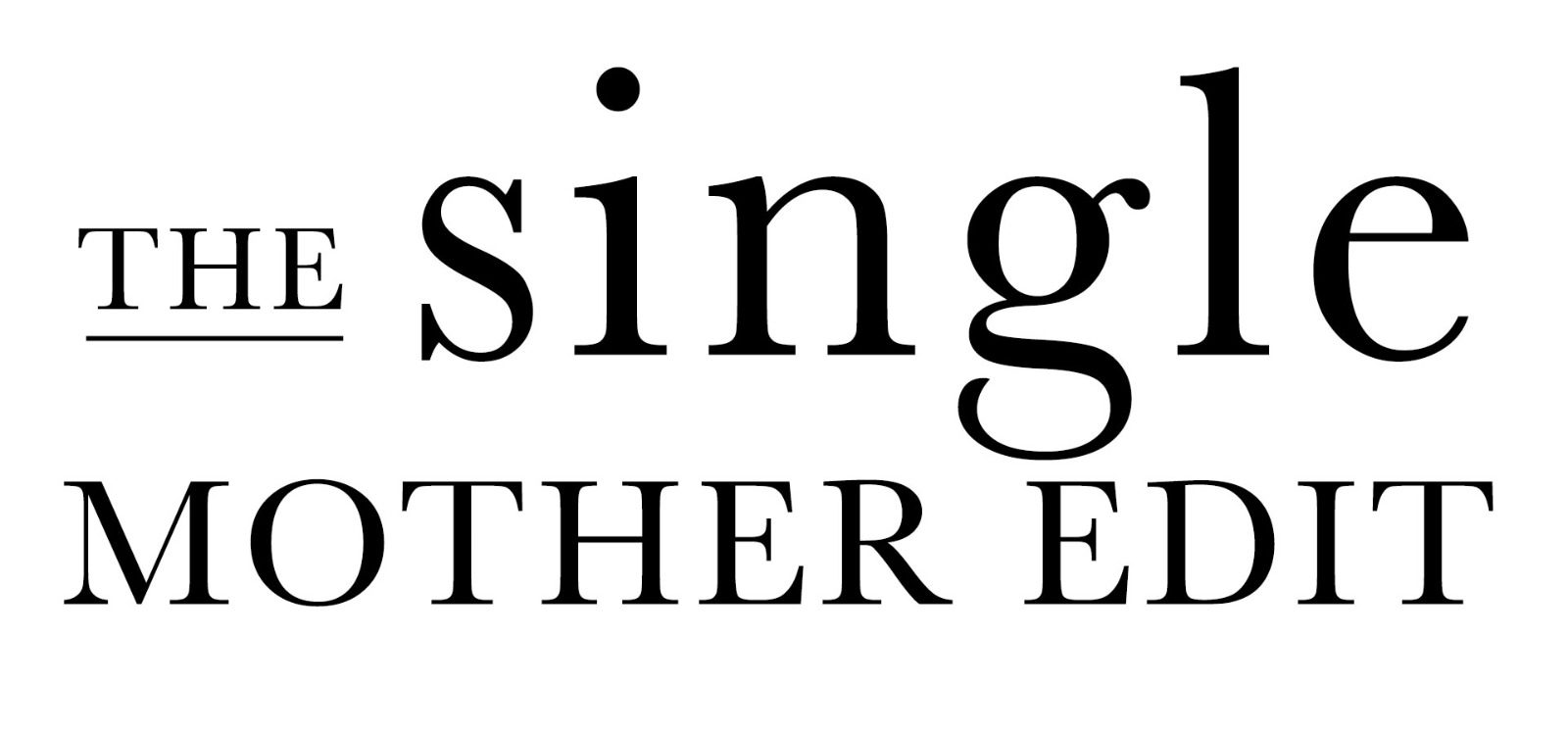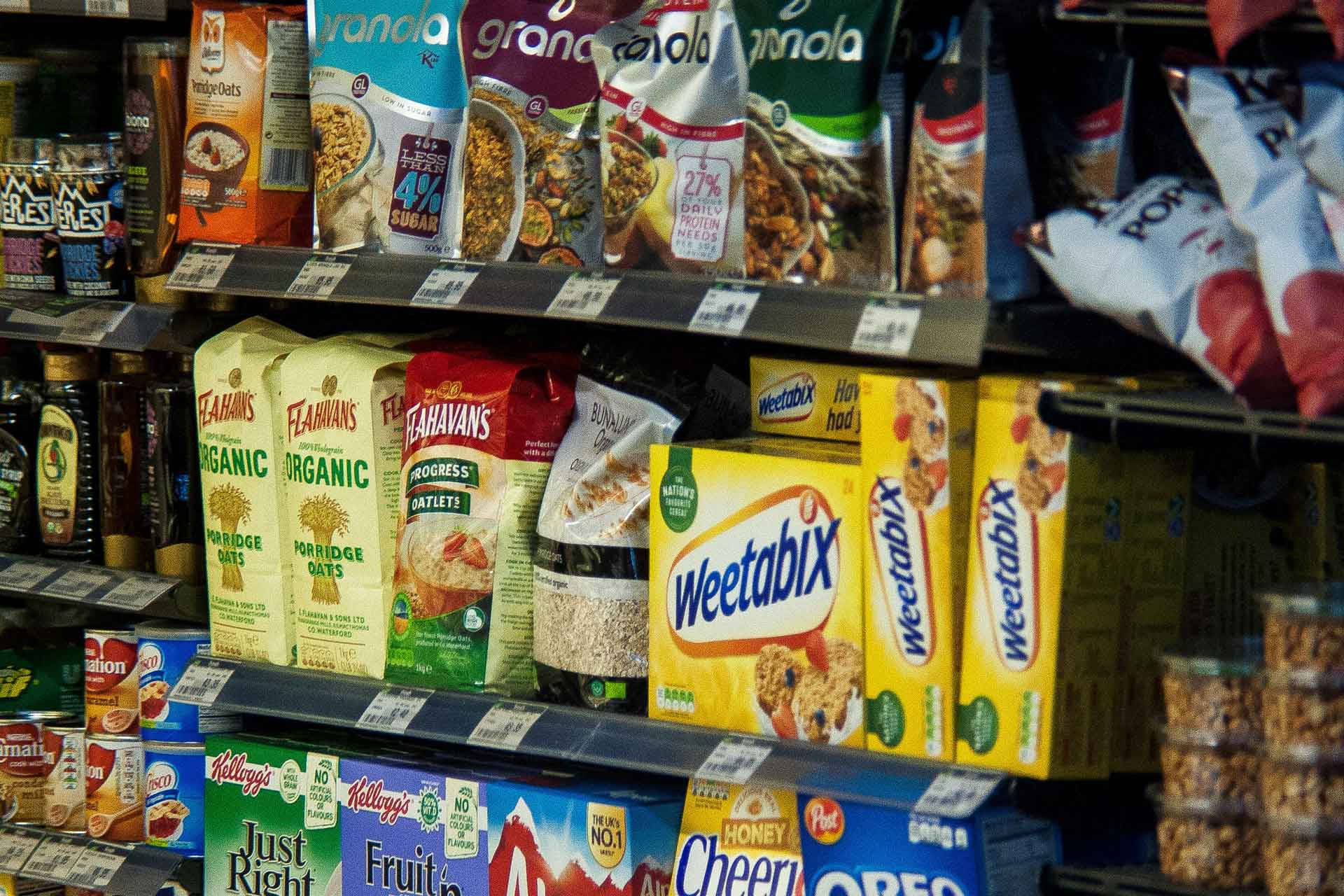Is anyone else sick of hearing about the cost of living crisis being spoken about as if it’s a normal and acceptable situation? An economic situation so dire that to live, or simply exist and function as a human, is becoming too expensive for many, is not something we should ever be normalising. This goes beyond rising energy and food bills hitting bank balances: more and more families are relying on food banks to survive. The UK is in crisis when it comes to child poverty, with a disproportionate impact on single-parent households. What are the statistics?
What is the poverty rate amongst single parent families in the UK?
According to research published in 2022 from the Institute for Fiscal Studies (IFS), half (49%) of children in lone-parent families are living in relative poverty. This is nearly double the rate of 25% for children in two-parent families.
Why?
The rise in poverty rates for children in single-parent households can directly linked to a decade of austerity-driven cuts to benefits. Single parents are simply not getting the support they need to keep their families safe and well. Austerity-driven cuts, pay freezes and inflation combine to mean that surviving on one income is simply not possible for most. Single parents find themselves in the situation of not being able to pay the bills with one full-time job, and many do not have the access to affordable childcare to even be able to work one.
Measures such as the benefit cap, four-year freeze in benefits, two-child limit, and lowering of the age at which single parents must seek work have all contributed. Before 2008, lone parents could claim income support until their youngest child reached 16 or 19 and was in full-time education, but this age limit has been repeatedly cut.
Single parents are now expected to be in work when their child reaches just three years old.
How many children are living in poverty in the UK?
The relative poverty rate for children in lone-parent families has risen significantly faster than in other households. The charity Child Poverty Action Group reports that there are 4.2million children living in poverty in the UK, representing 29% of all children. https://cpag.org.uk/news/official-child-poverty-statistics-350000-more-children-poverty-and-numbers-will-rise
Why?
Single mothers (who head nine out of 10 single parent families) are disproportionately affected, with soaring energy prices and the rising cost of living taking a heavier toll on their households. Research from the Joseph Rowntree Foundation revealed that lone parents are more likely to be food insecure, with as many as 70% going hungry and skipping meals compared to 55% for non-lone parents. https://foodfoundation.org.uk/sites/default/files/2024-03/Single%20Parents%20briefing_FINAL.pdf
What can be done?
To cut child poverty in the UK, there are multiple state actions that could have an impact. Increasing the child element of Universal Credit and removing the benefit cap would provide much-needed financial support for families, particularly single-parent households who are disproportionately affected. Ending the two-child limit on Universal Credit, which denies additional payments for third and subsequent children, is also crucial. Addressing barriers to work and opportunity, such as low wages, lack of access to flexible working, and lack of affordable childcare, is vital, as 71% of children in poverty are in working families. Strengthening the social security system to provide more reliable support, as demonstrated by the positive impact of the £20 per week Universal Credit uplift during the pandemic, can make a significant difference. Investing in early years education and parenting support can also help break the cycle of poverty.
This is not a moral issue.
I wanted to repeat the words I wrote on Instagram in 2022 when these statistics were first reported. Because on several occasions our government has tried to use the situation to extol the virtues of marriage and lament the impact of single parent families on society:
‘To be clear, poverty amongst single parents is not, nor has it ever been, a moral issue. It is pure economics. Marriage, or a cohabiting family, is only the superior option under the Tories because it is simply too expensive to survive on one average income. The rich are getting richer, the poor are getting poorer. Children need love, a roof over their heads, they need food on the table. The number of adults at home with them providing it is just a number. The cost of providing it is just a number. Increasingly, the numbers don’t work. Long gone are the days of one parent working, the other raising the children, for most families now it takes two incomes to pay basic bills. Adding a burden of blame onto single parents is what is shameful. Backing policies that create a landscape in which it is financially impossible for single parents to thrive is what is shameful. Not only does it deeply impact the 1 in 5 families led by a single parent, it forces millions in unhappy homes to keep that unhappy home together, for financial reasons, mis-sold as moral reasons, alone. The next generation, a fifth of whom are being raised by single parents, deserve better.
‘Don’t be fooled into conflating economic superiority or inferiority with moral superiority or inferiority.’
Find out more by reading the comprehensive reports on the Child Poverty Action Group’s website.
The cost of living should never be so high that some can’t afford it. Our children deserve better.

